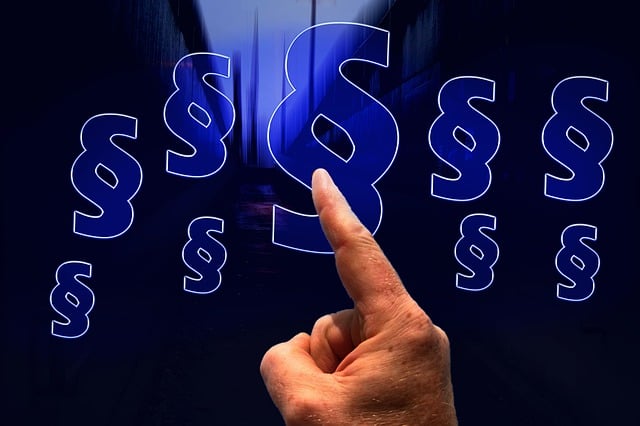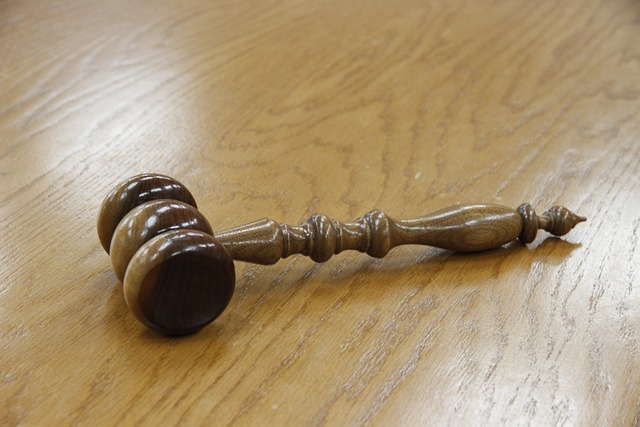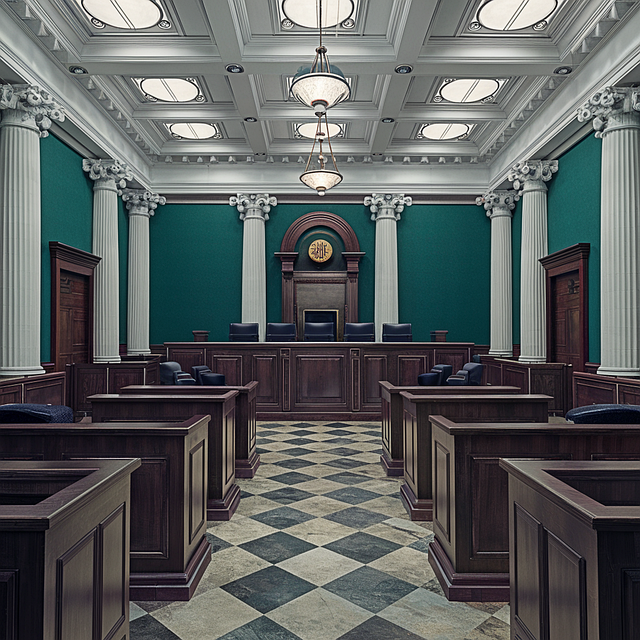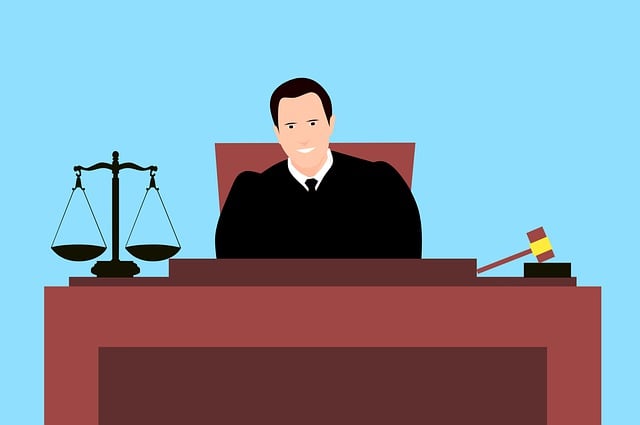Understanding different litigation types is crucial for navigating complex legal disputes. Each type has distinct procedures and goals, with high-stakes cases demanding meticulous planning. Voir dire, particularly vital in criminal trials, involves pre-trial questioning to select impartial jurors, ensuring fairness and integrity. Lawyers use strategic questioning to assess biases, ensure community representation, and identify impartial jurors, crucial for just verdicts and protecting defendants' rights. Effective Voir Dire strategies balance peremptory challenges with careful listening, forming a diverse jury capable of objective decision-making.
Litigation comes in various forms, each with its own intricacies and strategies. Understanding different types of litigation is crucial for legal professionals. This article delves into two key aspects: exploring diverse litigation methods and examining the vital role of voir dire in criminal trials. Effective jury selection through voir dire enhances trial outcomes, ensuring fairness and justice. Discover essential strategies to master this process, offering a comprehensive guide for legal practitioners navigating complex cases.
- Understanding Different Types of Litigation
- The Role of Voir Dire in Selection of Jurors
- Strategies for Effective Voir Dire Process
Understanding Different Types of Litigation

Understanding Different Types of Litigation plays a crucial role in navigating the complexities of legal disputes. The landscape of litigation is vast, encompassing various types tailored to specific needs and scenarios. From civil lawsuits to criminal proceedings, each has its unique procedural nuances and objectives. For instance, in high-stakes cases, the stakes are often higher, demanding meticulous planning and strategic manoeuvres throughout all stages of the investigative and enforcement process.
One vital aspect that distinguishes litigation types is the role of voir dire. In criminal trials, for example, voir dire serves as a critical pre-trial procedure where potential jurors are questioned to ensure impartiality and fairness. This process helps in selecting an unbiased jury, which is essential for maintaining the integrity of the respective business involved in the case. By understanding these variations, legal professionals can better prepare and advocate for their clients’ interests throughout the litigation process.
The Role of Voir Dire in Selection of Jurors

Voir dire plays a pivotal role in the selection process of jurors in criminal trials, a step that’s crucial for achieving just and winning challenging defense verdicts. This procedure allows attorneys to assess potential jurors’ biases, experiences, and perspectives, ensuring a fair and impartial jury. During voir dire, lawyers pose questions designed to uncover hidden prejudices or any significant connections to the case, which could bias their decisions. The goal is to select a panel that represents a cross-section of the community, free from external influences that might impact their judgment.
For his clients, a competent defense attorney will leverage voir dire to weed out jurors who may not be able to set aside personal beliefs or experiences. This strategic approach is essential in general criminal defense, aiming to safeguard the defendant’s rights and present the strongest possible case. By carefully questioning potential jurors, attorneys can shape an impartial jury, enhancing their client’s chances of achieving a favorable outcome, regardless of the complexities of the case.
Strategies for Effective Voir Dire Process

The Voir Dire process plays a pivotal role in criminal trials, acting as a crucial filter to ensure impartial and competent jurors. It’s not just about selecting individuals; it’s a strategic maneuver that can significantly impact the outcome of a case. Lawyers on both sides have opportunities to ask prospective jurors questions, delving into their backgrounds, experiences, and biases. This meticulous questioning allows attorneys to challenge or accept potential jurors, fostering a fair trial environment.
Effective Voir Dire strategies involve a careful balance. Attorneys must exercise peremptory challenges wisely, aiming for a diverse jury without discriminating against any group. Equally important is understanding the nuances of each prospective juror’s response, picking up on subtle clues that might indicate bias or prejudice. By navigating this process adeptly, legal professionals can secure a jury capable of considering all stages of the investigative and enforcement process impartially, ultimately deciding on the merits of the case rather than external factors, leading to a just outcome, not the complete dismissal of all charges but a measured, informed decision.
Understanding different litigation types is paramount, especially in criminal trials where the importance of voir dire cannot be overstated. The successful selection of jurors through effective voir dire strategies ensures fair and impartial juries, significantly impacting the outcome of cases. By delving into these processes, legal professionals can enhance their approach to trial, ultimately fostering a more robust and just judicial system.






